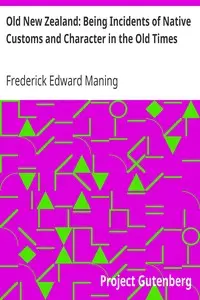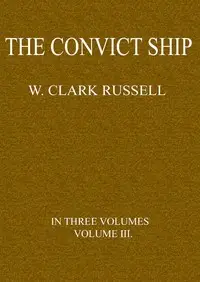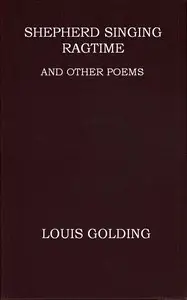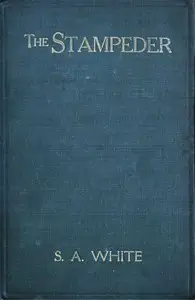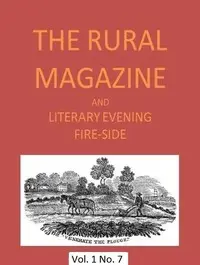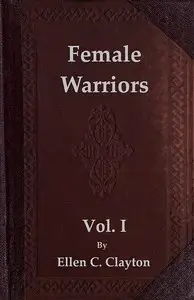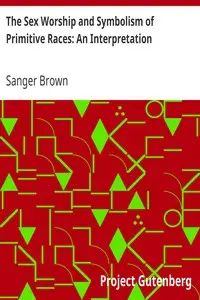"The Higher Education of Women" by Emily Davies is a treatise on female education written in the late 19th century. The work explores the deficiencies in women’s educational opportunities of the time, asserting that women should receive the same rigorous education as men to fulfill their potential not only as wives and mothers but as individuals capable of contributing significantly to society. The book argues for a broader conception of what educational goals should be, aiming to elevate women's roles beyond mere domestic responsibilities. The opening of the book sets the stage for this discourse by challenging existing definitions of education as they relate to women. Davies critiques past philosophical notions, highlighting the limitations imposed by society's expectations that women’s education should be geared solely towards domesticity. She emphasizes the necessity of defining a higher ideal for female education—one that cultivates women’s intellect and capability to engage in various roles, thus paving the way for a more equitable educational system. Her assertions call for an examination of the common perceptions about women's roles and the importance of alignment between education and societal contributions, which is vital in the broader context of women's rights and empowerment. (This is an automatically generated summary.)
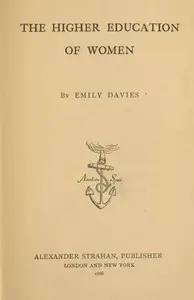
The higher education of women
By Emily Davies
"The Higher Education of Women" by Emily Davies is a treatise on female education written in the late 19th century. The work explores the deficiencies...
Sarah Emily Davies was an English feminist who founded Girton College, Cambridge. She campaigned as a suffragist and for women's rights to university education. In her early life, she attended meetings of the National Association for the Promotion of Social Science and befriended Barbara Bodichon and Elizabeth Garrett Anderson. After moving to London with her mother in 1862, she wrote for and edited the English Woman's Journal and joined the Langham Place Group. She co-founded the London Schoolmistresses' Association and the Kensington Society, which pressured for universal suffrage, although she herself believed only unmarried women and widows should gain the vote.


